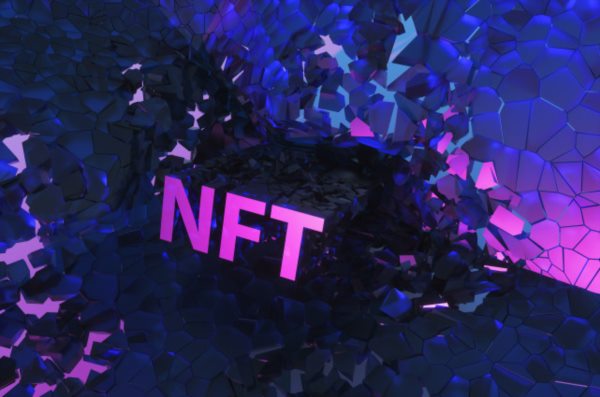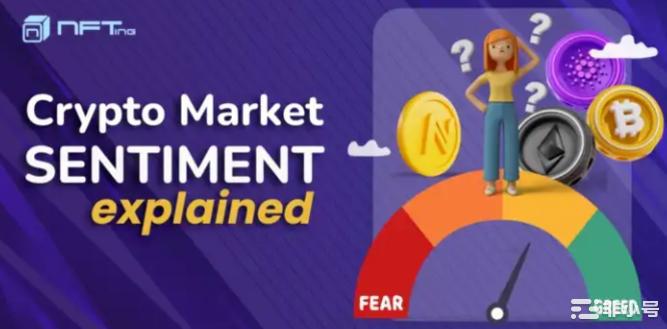Peirce writes that "the conversation reminded me of a book for young children, 'Are You My Mother?' In that book, a newly hatched bird searches for his mother. He asks a cat, a dog, a hen, a cow and a front-loader, each one disappointing the little bird because it was not his mother. Fear not, the little bird and his actual mother are reunited in the end.
"The cryptocurrency industry seems to be traveling down a similar path – only it is not searching for its mother, it is searching for regulators. In the bureaucratic twists and turns of the children's literature, in our story, each agency proclaims itself to be the regulator. Thus, cryptocurrency is seeking Congress to decide who should regulate it."
Peirce went on to state that she understands why the recently announced bill by Senators Lummis and Gillibrand pertaining to CFTC oversight over cryptocurrency's got people excited. Then, she went on to say that the SEC should step up and actively approve trading products for spot bitcoin exchanges. She then got to the heart of the matter – that adults should be able to freely choose their investment tools.
Peirce continued, "Watching the SEC refuse productive engagement with cryptocurrency users and developers over the past four years has left people with good reason to question the SEC's confusing, out-of-step approach to regulation. While the commission occasionally explains the reasoning of its actions or lack thereof, these explanations are often confusing, unhelpful and contradictory. People – applying a healthy dose of skepticism to quell the dangerous temptation of FOMO – should choose when, with what amount, and what they put into their investment portfolios.
"They should realize that as recent events have indicated, past performance of an asset cannot guarantee future performance. People should not look to regulators to make investment decisions for them and regulators should not try to play that role."
Peirce is right. Regulators should not be attempting to play the role of financial advisor – nor should the public expect them to. In the past few decades, we have been moving towards more of a nanny state in many respects. In our world today, the government is expected to do more than it ever was in our grandparents' days. As President Jefferson said, "Government big enough to give you everything you want is strong enough to take everything you have."
In the past five years, as blockchain technology, including cryptocurrency has become increasingly evident, and requires sensible regulation, regulators have continued to abdicate responsibility. Global regulators have been warning investors about the volatility of digital assets. Nonetheless, bitcoin and other mainstream cryptocurrencies continue to follow trends similar to more traditional assets, including stocks trading on the Nasdaq.
However, I think Peirce's argument completely misses the point. It is not the government's role to decide what level of risk investors are willing to accept. Rather, it is the government's role to ensure that exchanges are safe and reliable. Investors are not being intentionally misled or deceived. Exchanges are not aiding money launderers or terrorist organizations. Those are the government's functions.
Bureaucrats need to focus on their roles again. In the United States, it does not matter if the agency is the SEC or the CFTC, so long as those agencies stick to their roles. The digital asset industry is robust and, while currently down, will continue to be a significant factor in finance. The current malaise has hit traditional assets as well as cryptocurrency. Last month, the Dow plunged 1,100 points in a single day. The S&P 500 index has entered a bear market.
But what is confusing is that commentators discussing the cryptocurrency winter are treating it as if it were occurring in isolation, as if the economic downturn were not being driven by external factors. Bitcoin and other digital assets will survive rampant inflation resulting from massive spending plans. It will survive the uncertainty of the war in Ukraine. It will reemerge.
Once investors' fears recede and the industry reemerges, blockchain technology will fundamentally change how the world interacts with finance. It will provide innovation-driven high-paying jobs. It will expand its reach, with fintechs becoming global economic destinations.
For this to happen, we need commonsense regulation that promotes innovation while protecting society. Peirce is right that the SEC hasn't led. But they can change course. The industry deserves


数据下载单元包括高速下载通道、高速稳定维护模块和数据存储模块,高速下载通道连接到高速稳定维护模块,数据存储模块包括数据暂存时间设置模块和数据缓存自删除模块;删除单元包括权限认证模块、数据跟踪模块和删除模块。2.基于区块链...


本加密安全指南中的如何避免安全风险、保护您的私钥和助记词等。加密货币在 2022 年并不是特别安全。事实上,10 月份尤其令人毛骨悚然,在 11 次不同的黑客攻击中被盗的金额高达 7.18 亿美元:2022 年有望创下纪...


对于加密交易者,尤其是新手来说,了解加密市场的情绪是一大优势。它可以帮助您汇总关于加密市场的大多数意见和想法,并且通过这些信息,您可以利用市场不断变化的方向。与采用结构化方法来理解价格行为的技术和基本面分析不同,情绪分析...


以下是席卷加密货币世界的十大加密货币在 20000 多种加密货币的海洋中,寻找最有潜力的顶级加密货币可能会让人不知所措。其中大多数以炒作、激进的营销和花哨的承诺而闻名。大多数人甚至招募了名人和加密货币影响者,他们利用书中...